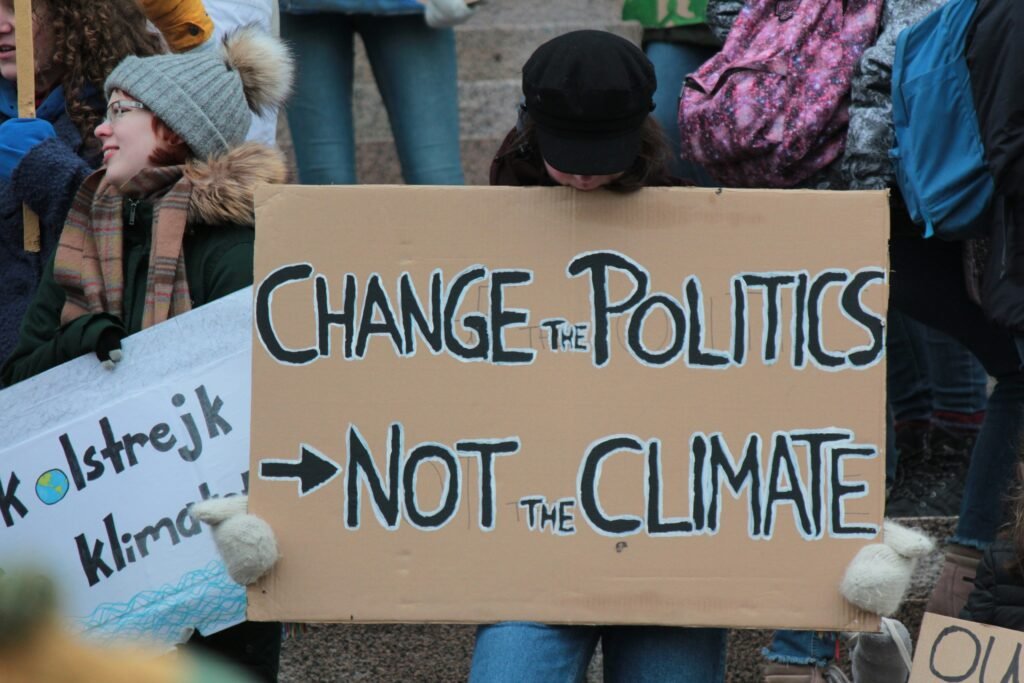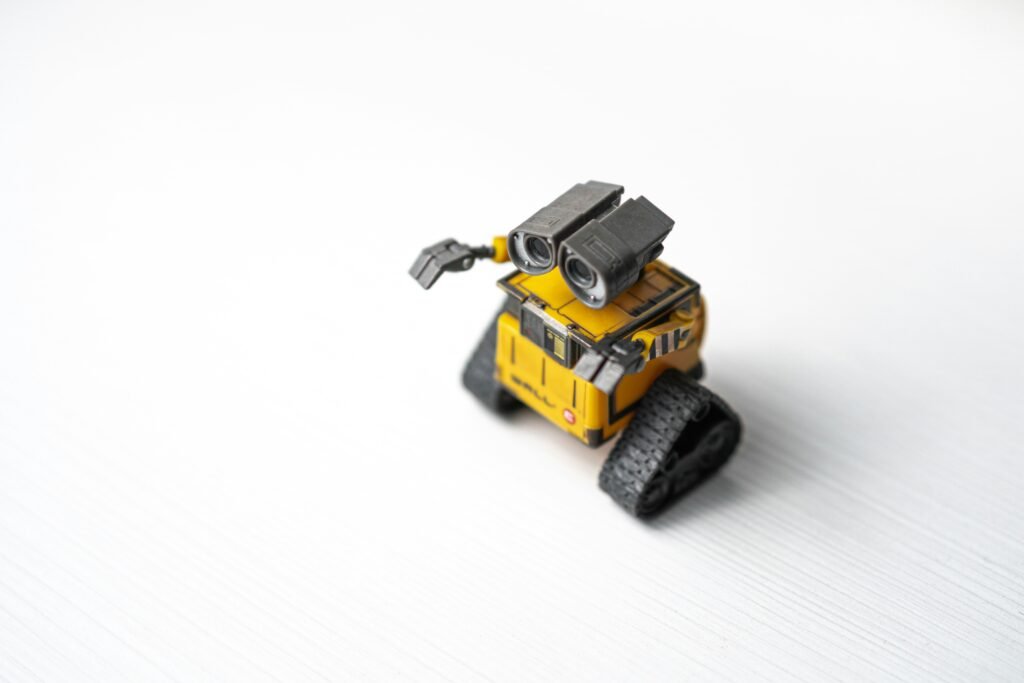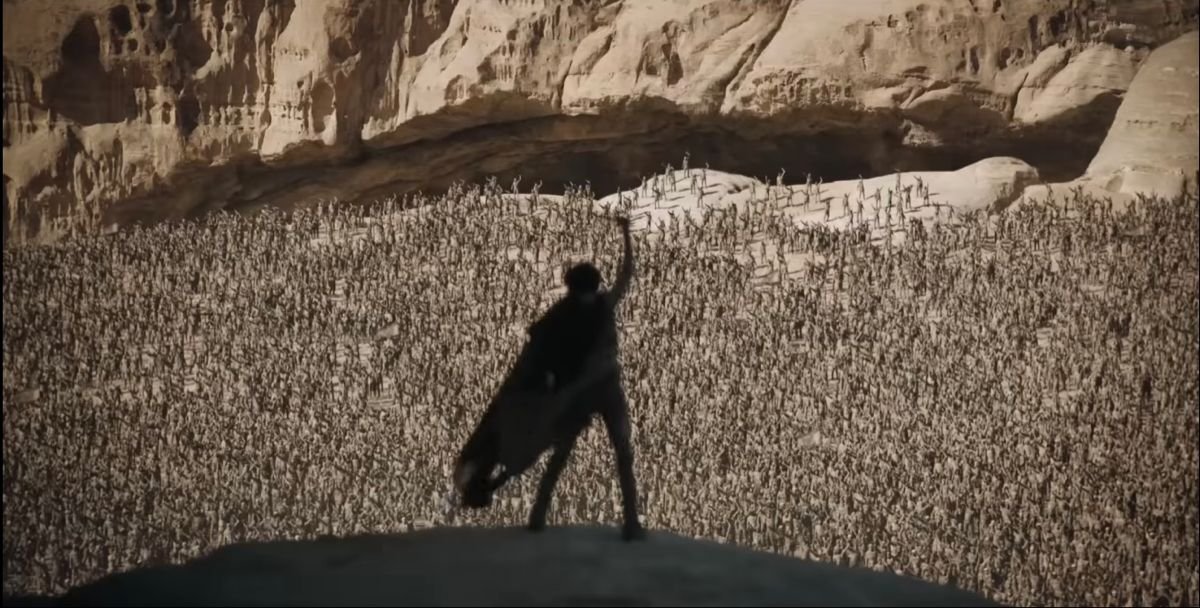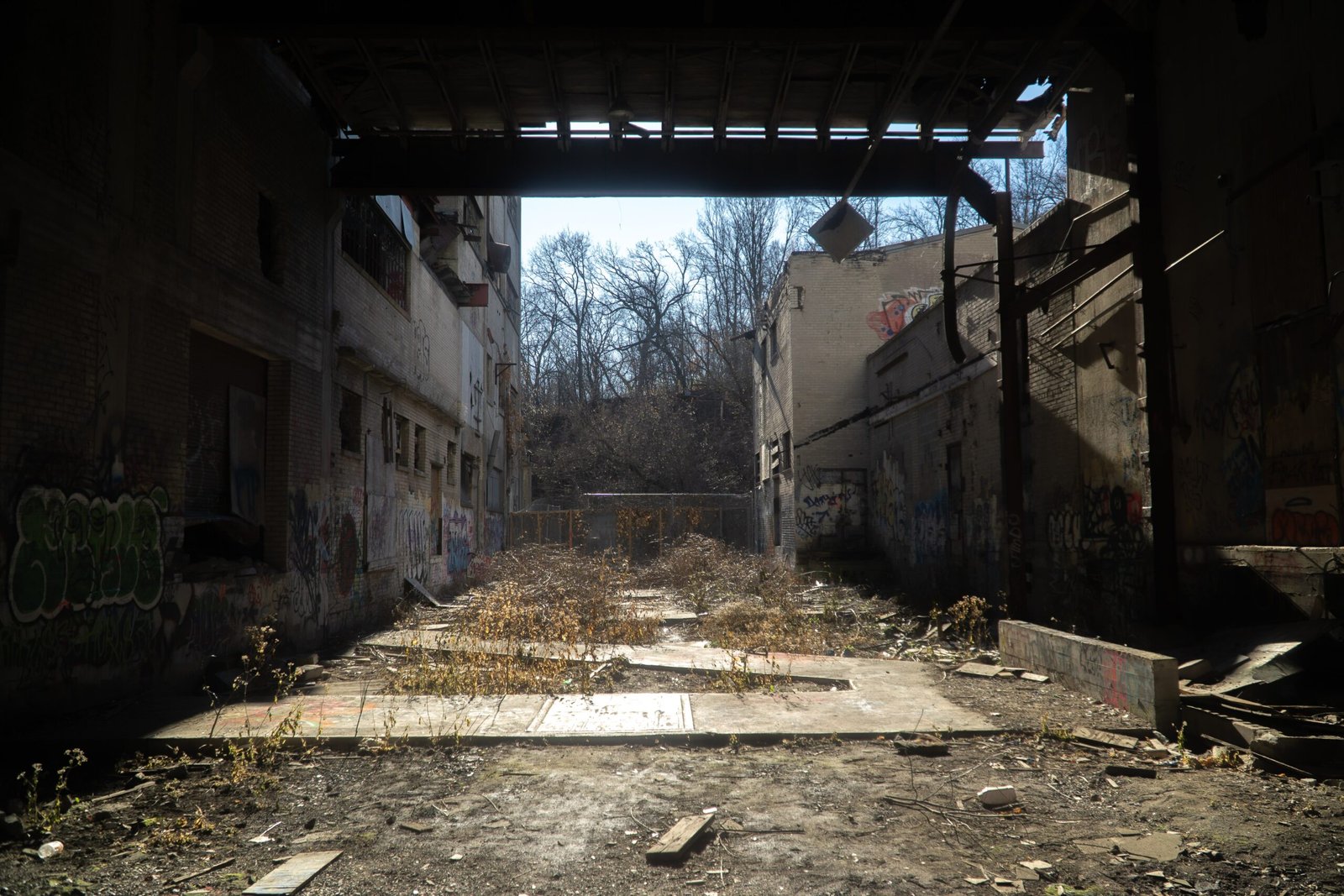What if the stories we tell could change how we fight climate change? The recent London Climate Action Week served as a reminder that much is still to be done to address the magnitude of the problem. Events across the week spanned various topics that offer practical solutions and spark more dialogue on climate change. Involving more of the wider public in climate action can be challenging, but all movements start from conversations. That is where arts and culture can come in.
Climate fiction has proven to be a powerful way of transforming how people think about the consequences of inaction. Often, stories fall into the realm of dystopia and imagine futures where environmental collapse comes to pass. They predict new lived realities that feel both disquieting and alien to audiences. Yet there is an unspoken positive in these narratives – that the future can still be rewritten for the better.
In authoring alternative futures, writers and filmmakers could silently be telling us that we can each be authors of our climate future. However, not all agents of change are created equal. It is well known that the richest countries have contributed the most to climate change and, at the same time, currently suffer the least from its ramifications. In contributing more to the problem, and having more resources to put towards solutions, the onus very much falls on rich countries and their people to take the lead on climate action. Nevertheless, this position of power has proven to be a double-edged sword. With the power to reverse the trajectory the planet faces also comes the power to hasten that same threat. The risk of accelerating climate change reflects how a lack of political will can obstruct progress towards climate action. Competing political priorities – like business interests, economic growth, and outright climate denialism from key decision-makers – show how the status quo works against climate action. If narratives set by those in power are to be shifted, multiple tools – including popular entertainment – should be taken seriously to help protect the planet.

Climate fiction is thought-provoking because it does more than simply present us with the dire consequences of not doing enough for the planet. These stories are naturally as much about people as they are about the environment. These narratives, therefore, explore how the two interact – how what happens to the planet affects human relationships. In doing so, they demonstrate that politics and power are in many ways intimately connected to climate change. Across film and literature, these themes have importantly shown us how inequality shapes uneven experiences of climate disaster between different segments of humanity. This commentary raises a crucial question to audiences: Can we truly separate our solutions for climate change from our solutions for global inequality?
In climate fiction, there exists what I would label a “fiction of escape”. In the fiction of escape, characters are forced to flee the Earth as it increasingly becomes more inhospitable to human life. In both Avatar and Interstellar, the Earth is on the brink of ecological collapse, with extraplanetary voyages serving as the last hope for humanity’s survival. Similarly, in WALL-E, the Earth is presented as a garbage-strewn wasteland, with large spaceships offering refuge for humanity.
What is interesting about the WALL-E case in particular is how it addresses differences in privilege in its alternative future. In the movie, we encounter WALL-E, a lone droid tasked with cleaning up what feels like never-ending heaps of waste left behind by human civilisation.

WALL-E very much feels like a metaphor for the experience of lower social classes in a draining capitalist system. The contrast between WALL-E and the humans who have escaped a mess of their own making is stark. WALL-E’s labour feels futile, making little more than a small dent in an environmental clean-up that requires significant resources beyond what can be provided by one robot.
The choice of characterising WALL-E as a sentient machine also feels deliberate in suggesting how capitalism can commodify people and base their value only on what they can offer in labour. Like the Earth itself, WALL-E very much feels like an afterthought for a privileged humanity.
WALL-E’s isolation is strongly contrasted with humanity’s continued indulgence. In their new spaceship homes, humanity continues to consume without restraint, seemingly not having learned their lesson. It’s clear here that, if not kept in check, capitalism can both accelerate environmental losses through overconsumption and leave behind those who are least privileged to clean a mess they didn’t make.
Other works show that climate and inequality collide in even harsher imagined worlds. In Frank Herbert’s Dune, the main setting of Arrakis is described as a planet that feels like an “overpowering barren land” to any newcomer. Throughout the story, Arrakis sits in a liminal space between desire and rejection. It is wanted for “spice”, a rare and priceless commodity that does everything from increasing a person’s lifespan to making interstellar travel possible. At the same time, Arrakis is also unwanted because of its harsh environment that stands at odds with human life. The hot climate, giant sandworms, and water scarcity make the planet almost inhabitable. These contradicting feelings towards Arrakis play out politically, with the ruling classes pillaging the planet’s spice from a safe distance. Meanwhile, the native people of Arrakis – the Fremen – have little choice but to accept Arrakis for what it is, though they don’t yet consider it a “homeworld”.
In Herbert’s world, the condition of Arrakis and the Fremen inhabiting it are of little concern to the powerful elites vying for control over spice. This disregard is more troubling given the Fremen’s dream of slowly turning Arrakis into a fertile land where “no man ever again shall want for water”. This feeling of responsibility that the Fremen hold for eventually turning Arrakis into a paradise parallels our responsibilities as a global community to future generations to protect the Earth. Yet, in the case of Dune, the Fremen’s goal of building a better environment once again seems hopeless amid the political squabbles between power-hungry elites.
What cannot be forgotten is that people and the planet are fundamentally interconnected. Climate fiction helps audiences to see the ways in which inequality can reinforce the harmful effects of climate change. If we accept that people are brought together by words, speeches, and stories, then we cannot accept undervaluing the role that popular culture can play in climate action. If our stories can help us imagine climate disaster, they can just as powerfully help us imagine – and build – a fairer, greener future.





